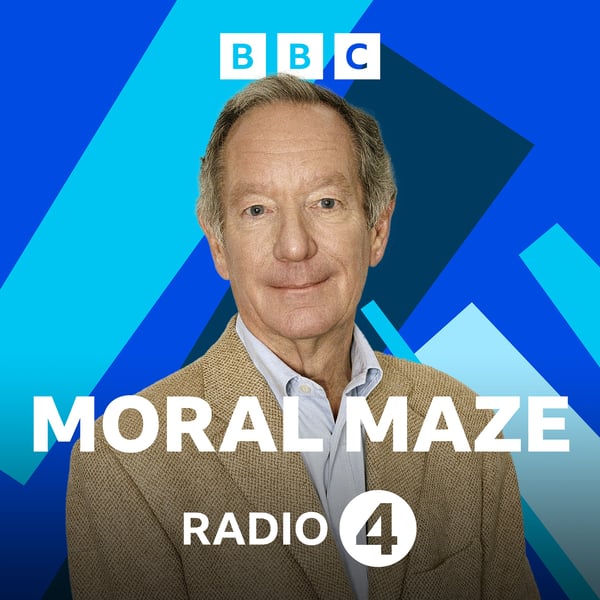Summary
When is a personal opinion so offensive that it becomes morally unacceptable? This weekend former Tory leadership candidate Andrea Leadsom discovered her comments on motherhood had transgressed an unwritten social convention. The outraged legions of leader writers, columnists and Twitterati descended and by Monday she was gone. As the politics of offence, identity and rights become ever more toxic, they become equally hard to navigate and the price of transgression is ever higher. The whole Brexit debate and its aftermath have been characterised by claim and counter claim of racism, ageism and classism. We've had laws against "hate speech" for many years now, but are we too keen to create whole new categories of "-isms" to which we can take offence? If morality rests on the ability to distinguish between groups and make judgements about their lifestyles, how do you distinguish between a legitimate verdict and an unjustifiable prejudice? Why is it acceptable to say 'It's good that the President is black' but not to say 'It's good that the next President will be white'? Why is the insult "stale, male and pale" OK, but it wouldn't be if you changed gender and race? Is this about defending the powerless against the powerful, or limiting people's rights to say what they think? Where do we draw the line between policing the basic principles of equal rights and mutual respect with a capacity to judge people by what lies in their heart? Chaired by Michael Buerk with Anne McElvoy, Claire Fox, Giles Fraser and Matthew Taylor. Witnesses are Maya Goodfellow, Josh Howie, Peter Tatchell and Dr Joanna Williams.
Transcript
Click on a timestamp to play from that location
| 0:00.0 | You're listening to a programme from BBC Radio 4. |
| 0:03.7 | Good evening. It wasn't that long ago, maybe last week, that we used to call a political |
| 0:07.9 | speech that was blandly uncontroversial, all motherhood and apple pie. Not anymore. Fruit |
| 0:14.0 | tarts may still be safe for the moment, but talking about the advantages of motherhood at the weekend |
| 0:18.7 | did for Andrea Ledsohn's prime ministerial |
| 0:21.0 | ambitions. The Howl went up on Twitter and Facebook about how obnoxious it was in the light of |
| 0:26.7 | Theresa May's regretted childlessness. So Mrs Mays in Downing Street tonight and Mrs. Ledsom has a lot |
| 0:32.9 | more time to spend with her children than she'd hoped. The politics of offence, identity and rights are becoming ever more complicated and toxic. |
| 0:40.8 | You can say it's great to have a black president, but not that you'd like a white one, |
| 0:44.8 | ditto women. |
| 0:45.8 | Just when you'd learn to call the sexually ambiguous, or at least transient, transgender, |
| 0:50.6 | you're told the concept of gender is now unacceptably binary and hence insulting. |
| 0:56.1 | There are exploding tripwires of social acceptability everywhere, |
| 0:59.5 | with a new language to describe perceived offensiveness, |
| 1:02.7 | microaggressions, so-called safe spaces and trigger warnings |
| 1:06.8 | to protect students from being confronted with ideas they don't agree with, |
| 1:10.8 | presumably calling them the snowflake generation for their oversensitivity. to protect students from being confronted with ideas they don't agree with. |
| 1:17.1 | Presumably calling them the snowflake generation for their oversensitivity is unacceptably offensive, too. |
| 1:19.1 | It only seems to work one way. |
| 1:22.1 | Black or brown people can't be racist about whites. |
| 1:26.5 | Women, if that's not too binary a description, can't be sexist about men. |
| 1:32.6 | Is all this a good thing, stigmatising and policing prejudice, protecting the powerless from the powerful? |
... |
Please login to see the full transcript.
Disclaimer: The podcast and artwork embedded on this page are from BBC, and are the property of its owner and not affiliated with or endorsed by Tapesearch.
Generated transcripts are the property of BBC and are distributed freely under the Fair Use doctrine. Transcripts generated by Tapesearch are not guaranteed to be accurate.
Copyright © Tapesearch 2025.

